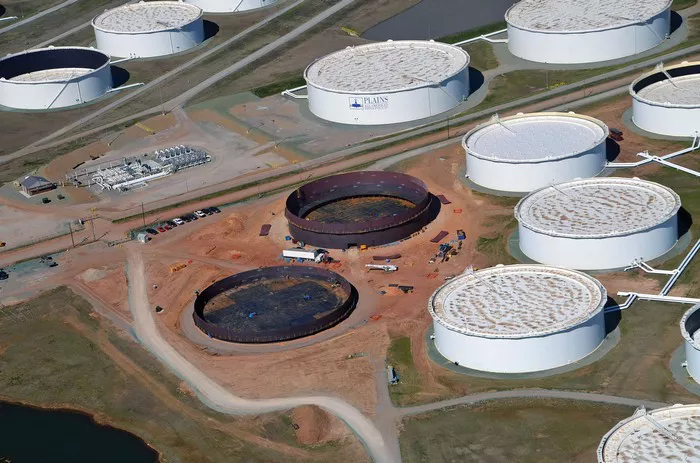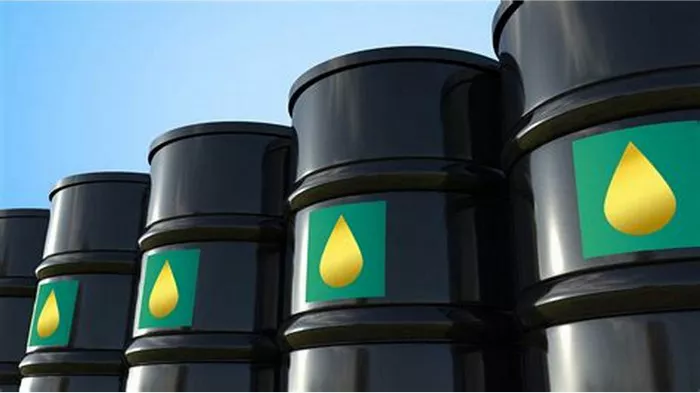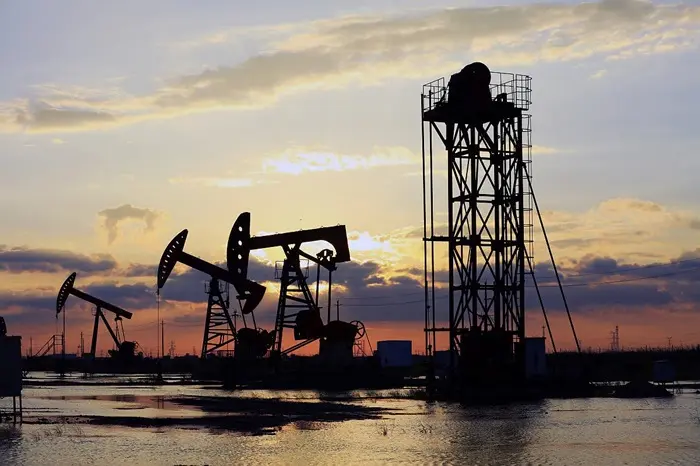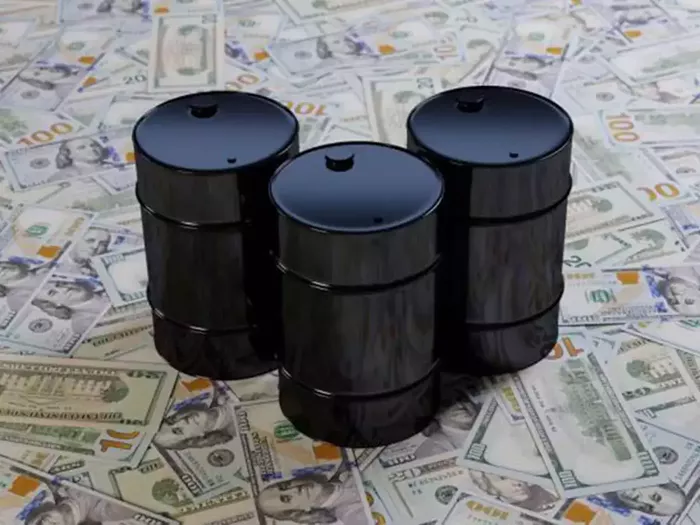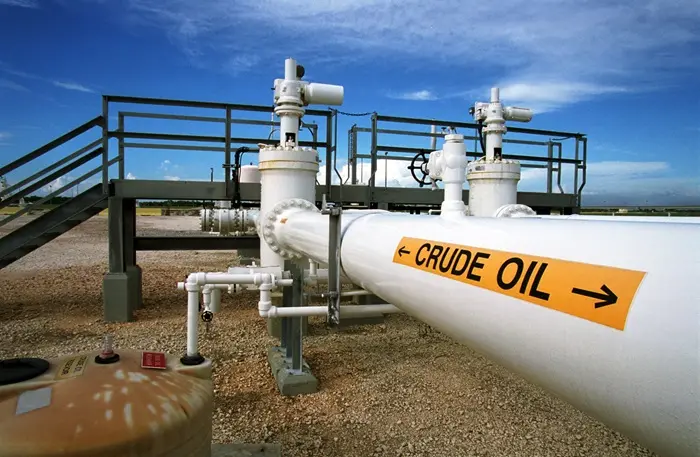Crude oil has been the lifeblood of the global economy for over a century. As the primary source of energy, it powers our industries, heats our homes, and fuels our transportation systems. However, as concerns over environmental sustainability and resource depletion grow, a critical question arises: How long will the world’s crude oil reserves last? This article will explore various factors influencing the longevity of crude oil reserves, including current consumption rates, technological advancements, alternative energy sources, and geopolitical dynamics.
Understanding Crude Oil Reserves
Proven Reserves
Proven reserves are quantities of crude oil that geological and engineering information indicates with reasonable certainty can be recovered in the future under existing economic and operating conditions. According to the BP Statistical Review of World Energy 2023, the world’s proven oil reserves were estimated at approximately 1.73 trillion barrels at the end of 2022.
Probable and Possible Reserves
Probable reserves are those additional reserves which analysis of geological and engineering data suggests are more likely than not to be recoverable. Possible reserves are those reserves which analysis of geological and engineering data suggests are less likely to be recoverable than probable reserves.
Current Consumption Rates
Global Consumption Trends
As of 2023, the global oil consumption was around 100 million barrels per day (bpd). This figure is expected to rise with economic growth, particularly in developing countries where industrialization and urbanization are accelerating.
Regional Consumption Patterns
United States: The U.S. is the largest consumer of crude oil, accounting for nearly 20% of the world’s total daily consumption.
China: China’s consumption has been growing rapidly, driven by its expanding industrial base and increasing number of vehicles.
India: India, with its burgeoning economy, is also seeing a sharp rise in oil demand.
Factors Influencing the Longevity of Oil Reserves
Technological Advancements
Enhanced Oil Recovery (EOR) techniques, such as hydraulic fracturing and horizontal drilling, have significantly increased the amount of oil that can be extracted from known reserves. These advancements extend the life of existing fields and make previously inaccessible oil economically viable.
Exploration and New Discoveries
Continued exploration efforts are yielding new discoveries, particularly in deep-water offshore fields and unconventional sources like shale oil. These new finds contribute to the global reserve base.
Energy Efficiency and Conservation
Efforts to improve energy efficiency and promote conservation can reduce the rate of oil consumption. Policies encouraging the use of more fuel-efficient vehicles, improvements in industrial processes, and shifts towards public transportation are critical.
See Also: 7 Processes Used for Crude Oil Separation
Alternative Energy Sources
Renewable Energy
Renewable energy sources such as wind, solar, and hydroelectric power are gaining traction. Investment in renewable energy infrastructure is increasing, driven by both environmental concerns and technological advancements.
Electric Vehicles (EVs)
The rise of electric vehicles presents a significant shift in the transportation sector, which accounts for a substantial portion of oil consumption. Governments and automakers are investing heavily in EV technology and infrastructure, which could reduce future oil demand.
Geopolitical Dynamics
Oil-Rich Nations and Production Quotas
Countries with significant oil reserves, such as Saudi Arabia, Russia, and Venezuela, play a critical role in determining global oil supply. Organizations like the Organization of the Petroleum Exporting Countries (OPEC) and its allies influence production quotas to manage prices and balance supply and demand.
Political Stability
Political stability in oil-producing regions is crucial. Conflicts and instability can disrupt production and supply chains, impacting global oil availability and prices.
Trade Policies
Trade policies, including sanctions and tariffs, can affect the global oil market. Sanctions on countries like Iran and Venezuela have significant implications for global oil supply.
Estimating the Future of Crude Oil Reserves
Reserve-to-Production (R/P) Ratio
The R/P ratio is a common measure used to estimate how long proven oil reserves will last at current production rates. As of 2023, the global R/P ratio was approximately 47 years, meaning that if production and consumption rates remain constant, the current proven reserves would last for about 47 years.
Variables Impacting the R/P Ratio
Demand Fluctuations: Changes in global oil demand due to economic growth, technological advancements, or shifts to alternative energy sources can alter the R/P ratio.
New Discoveries and Technologies: Discoveries of new oil fields and advancements in extraction technology can increase the reserve base, extending the life of crude oil reserves.
Policy and Regulatory Changes: Government policies promoting energy efficiency, conservation, and alternative energy can reduce oil consumption, affecting the longevity of reserves.
The Role of Crude Oil in a Transitioning Energy Landscape
Transition to Renewable Energy
The global shift towards renewable energy is accelerating. As technology improves and costs decrease, renewables are becoming a more viable and attractive option for meeting energy needs. This transition could significantly reduce dependence on crude oil.
The Future of Fossil Fuels
While the transition to renewable energy is underway, fossil fuels, including crude oil, are expected to remain a significant part of the global energy mix for the foreseeable future. The pace of the transition will depend on technological advancements, policy decisions, and market dynamics.
Conclusion
The question of how long the world’s crude oil reserves will last is complex and multifaceted. Based on current proven reserves and consumption rates, the R/P ratio suggests a lifespan of approximately 47 years. However, this estimate is subject to numerous variables, including technological advancements, new discoveries, energy efficiency measures, and geopolitical dynamics.
As the world transitions towards a more sustainable energy future, the role of crude oil will inevitably diminish. Nonetheless, it will continue to play a critical role in the global energy landscape for decades to come. The key to managing this transition lies in balancing the need for energy security with environmental sustainability and economic development. By investing in alternative energy sources and promoting energy efficiency, we can extend the longevity of crude oil reserves while paving the way for a more sustainable future.
Related topics:

